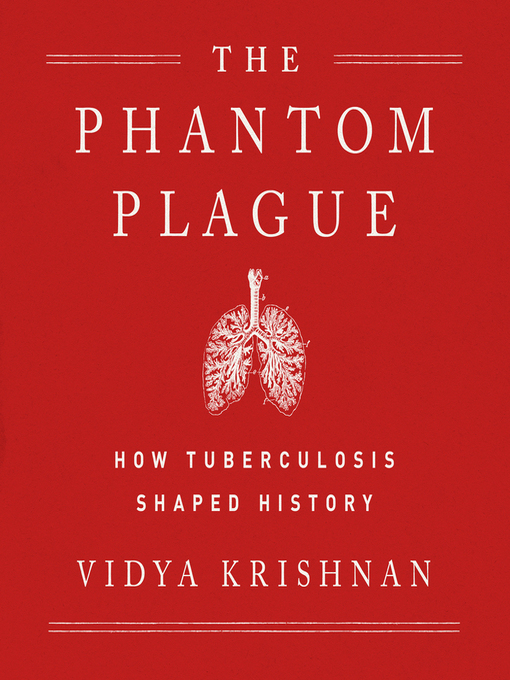- Top Shelf: Best Books of 2022
- Available Now
- Just added eBooks
- If you like Colleen Hoover, try...
- Self Help and Mental Health
- Cozy up with a mystery
- Most Popular eBooks
- Job & Career Development
- English-as-a-Second-Language (ESL) & Citizenship
- Black Voices
- Inspirational Fiction
- Classics - Always Available
- See all ebooks collections
- Top Shelf: Best Books of 2022
- Available Now
- Newly added audiobooks
- Most Popular
- Audiobooks for the Whole Family
- Full Cast Audiobooks
- See all audiobooks collections
- I Saw It At the Checkout Counter
- Home and Garden Magazines
- Cooking, Food and Wine Magazines
- Magazines for Kids and Teens
- News and Politics
- Celebrity Magazines
- Magazines for People Who Like to Cook
- Crafts and Hobbies
- Sports and Outdoor Life
- New Magazines
- Magazines in World Languages
- Popular Magazines
- See all magazines collections


